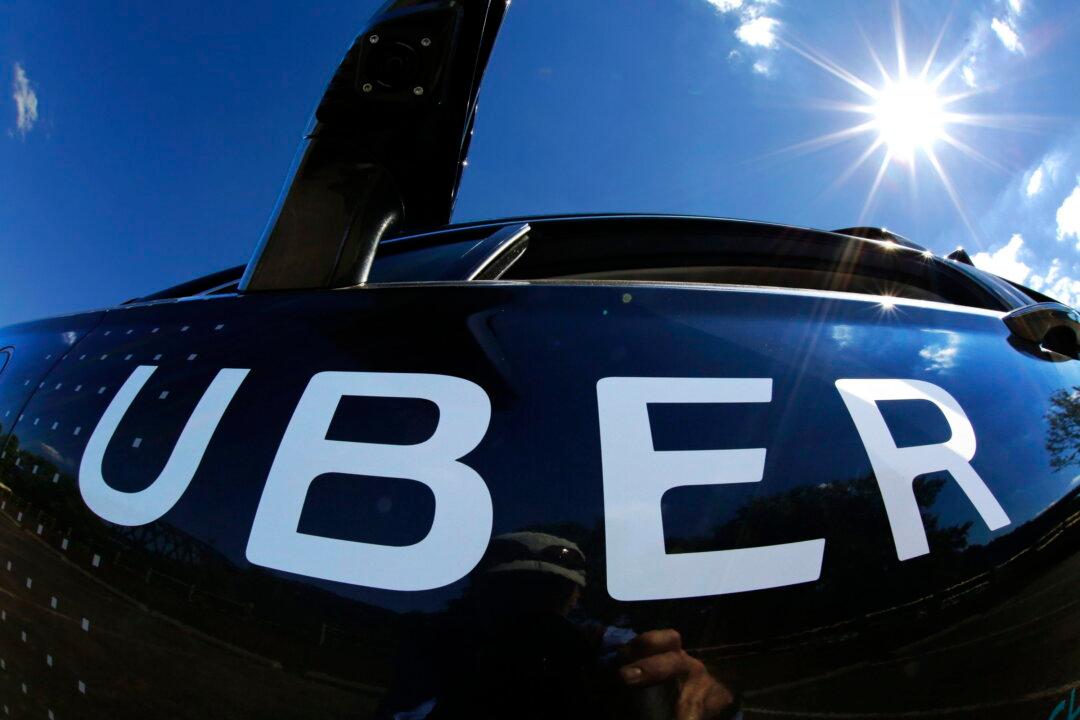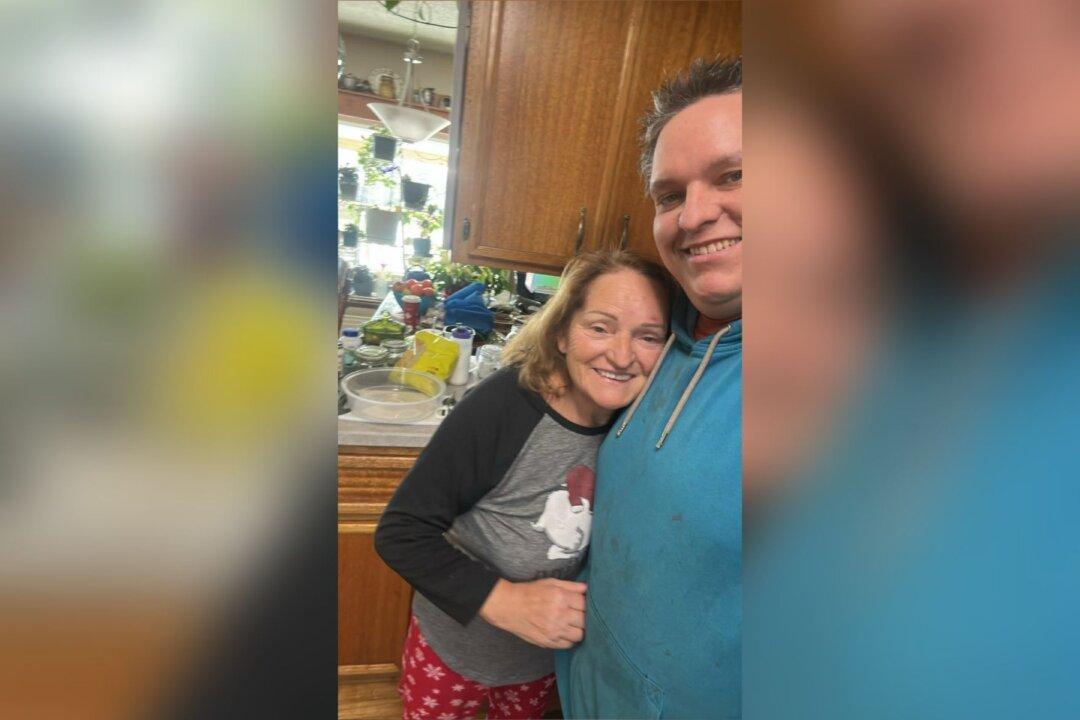OTTAWA—The Supreme Court of Canada has cleared the way for Uber drivers to take the next step in their fight to be recognized as employees.
In a decision today, the high court upheld an Ontario Court of Appeal decision that opened the door to a class-action suit aimed at securing a minimum wage, vacation pay and other benefits for drivers.





